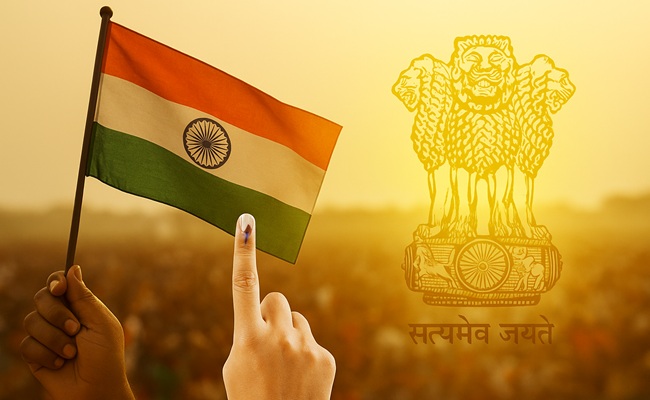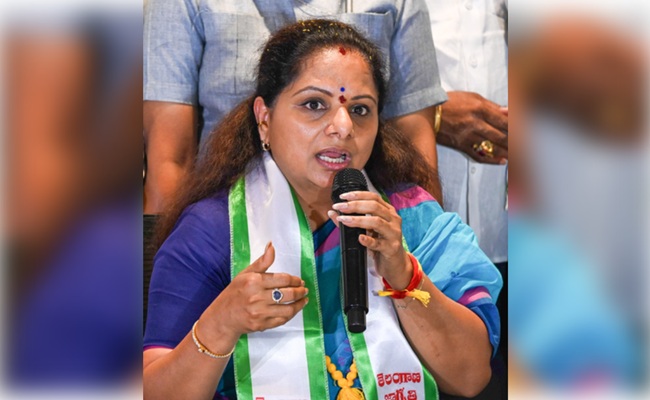A controversial proposal has been tabled in the Indian Parliament that could dramatically alter the structure of the country’s democracy, raising concerns among political analysts and activists alike. Dubbed the “Dangerous Bill,” this legislative initiative seeks to amend several key provisions within the Constitution, potentially undermining the democratic framework that has governed India since its independence in 1947.
The bill, introduced by a ruling party member, aims to centralize power within the executive branch, effectively diminishing the checks and balances that have been pivotal in safeguarding democratic values. Critics argue that by consolidating authority in the hands of a few, the government could erode civil liberties and curb dissent, which are cornerstones of a vibrant democracy.
Political experts warn that such a move could lead to authoritarianism, as it provides the ruling party with unprecedented control over various state institutions. “This bill poses a direct threat to the very essence of democracy in India,” stated Dr. Anjali Rao, a political scientist at Delhi University. “If passed, it could pave the way for a government that operates without accountability or transparency.”
Supporters of the bill argue that it is necessary for streamlining governance and enhancing efficiency. They claim that the current system is mired in bureaucracy and indecision, which hampers development and progress. However, opponents believe that the proposed changes could have long-lasting repercussions that extend far beyond administrative efficiency.
The public response to the bill has been overwhelmingly negative, with widespread protests erupting in major cities across India. Citizens, civil society organizations, and opposition parties have rallied together to voice their concerns, demanding that the government withdraw the proposal. “We will not stand by as our democracy is dismantled,” declared Arjun Patel, a student leader at the forefront of the protests. “This is about protecting our rights and freedoms.”
International observers are also keeping a close eye on the situation, as the bill could impact India’s standing as the world’s largest democracy. Human rights organizations have issued statements urging the Indian government to reconsider the implications of such legislative changes, emphasizing that democratic institutions must be preserved at all costs.
The debate surrounding the “Dangerous Bill” is expected to intensify as parliamentary discussions continue. Lawmakers are facing immense pressure from their constituents and advocacy groups, and the outcome remains uncertain. As the nation grapples with this pivotal moment, the future of Indian democracy hangs in the balance, prompting urgent calls for vigilance and solidarity among citizens.
In conclusion, the proposed alterations to India’s democratic framework have ignited a national conversation about the importance of preserving civil liberties and democratic institutions. With public sentiment firmly against the bill, it remains to be seen how the government will respond to the mounting pressure, and whether India’s democracy can withstand this unprecedented challenge.



